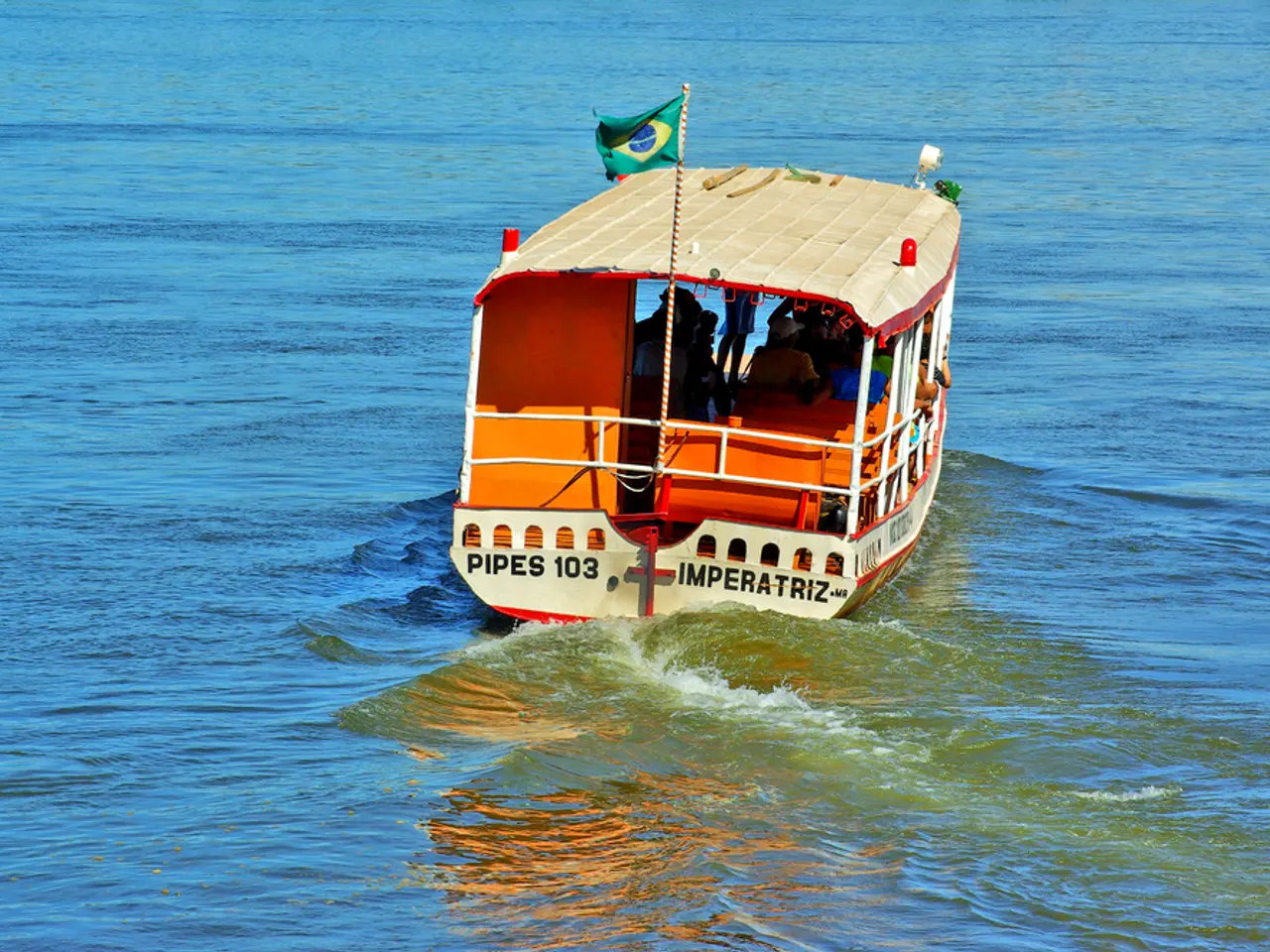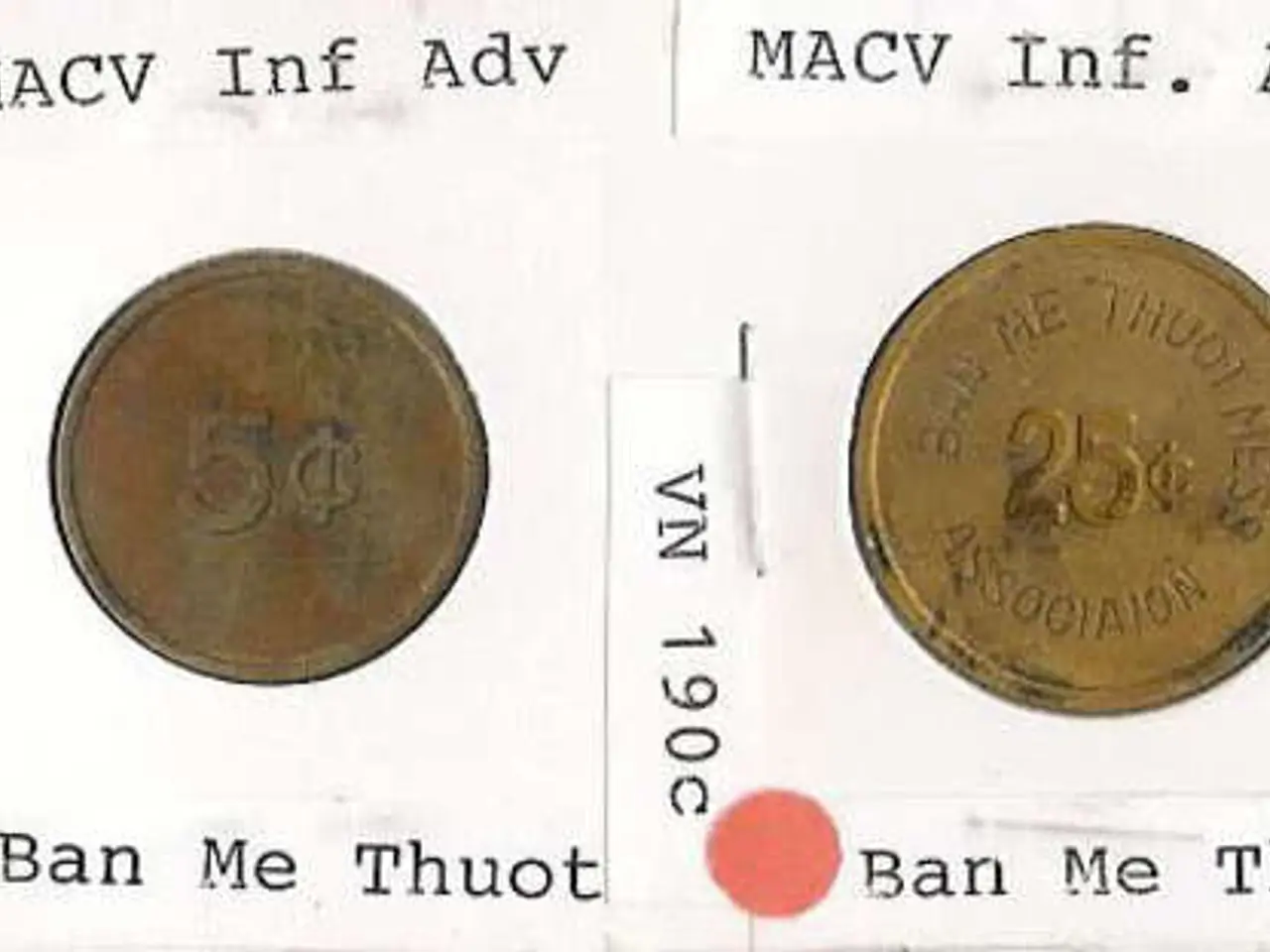Maritime Mishap: The Shadowy Aspects of Cruise Ship Gambling Establishments
In the heart-wrenching incident that occurred during an Elvis-themed cruise, 50-year-old Shane Dixon, a father of three, tragically went overboard from the Pacific Adventure cruise ship last week. His life, marked by recent personal turmoil, including the loss of close family members and the dissolution of his marriage, has unfortunately served as a catalyst for change in how gambling is conducted on cruise ships.
The tragedy has amplified the dialogue around the responsibility of cruise lines to enforce gambling regulations that protect their passengers. Many are urging for a paradigm shift that prioritizes passenger welfare over profits.
Current regulations for gambling on cruise ships primarily require that onboard casinos comply with the gaming standards of the jurisdiction under which the ship operates. Most cruise line casinos operate under the regulatory standards of the Nevada Gaming Control Board (NGCB), considered a "gold standard" in casino regulation. However, the complexity of jurisdictional issues spanning maritime law, flag state regulations, and port state requirements creates unique operational and regulatory challenges not present in land-based gambling.
Cruise lines including Carnival, Royal Caribbean, and others are members of the Cruise Lines International Association (CLIA), which mandates adherence to these NGCB standards. These casinos are inspected annually for compliance with these rules.
Significant recent developments include Carnival Corporation's joining of the American Gaming Association (AGA), marking the first cruise operator membership in the U.S. casino industry’s leading trade group. This partnership is aimed at advancing responsible gaming practices onboard cruise ships by sharing regulatory insights, promoting responsible gaming initiatives, and contributing to policy advocacy across the industry. Carnival’s membership provides access to resources such as professional development on compliance, responsible gaming webinars, legislative updates, and networking with other gaming operators.
The allure of the casino on cruise ships, with incentives like free drinks and future cruise vouchers, can be particularly enticing to individuals experiencing personal crises. Shane Dixon's last night on the ship involved a $4,000 gambling debt accrued in a single evening, underscoring the need for consistent and robust responsible gambling measures, irrespective of a ship's location.
While no specific international regulatory reforms for onboard cruise gambling have been announced, Carnival’s integration with AGA indicates a move toward stronger alignment with established land-based casino responsible gaming standards and advocacy for best practices. The hope is that this tragic incident will inspire a more vigilant approach to responsible gambling on cruise ships.
The memory of Kai Tak, Hong Kong's gambling city, is remembered as a magical place by some, with its lights, music, and buildings creating a fairy-tale-like atmosphere. However, the tragic incident involving Shane Dixon has sparked calls for a reevaluation of gambling practices on cruise ships, with Carol Bennett, CEO of the Alliance for Gambling Reform, advocating for cruise lines to bear a greater responsibility in mitigating gambling harm.
The coroner's investigation into Shane Dixon's death is ongoing. In the meantime, the dialogue around responsible gambling on cruise ships continues, with many hoping for a future where the welfare of passengers is prioritized above all else.
[1] Casino City Times [2] Cruise Law News [3] American Gaming Association
- The tragic incident on the Elvis-themed cruise has prompted discussions about the responsibility of cruise lines to enforce gambling regulations, with some advocating for a paradigm shift that prioritizes passenger welfare.
- The complexity of jurisdictional issues in onboard gambling creates unique operational and regulatory challenges, as cruise lines operate under the Nevada Gaming Control Board standards but are also impacted by maritime law, flag state regulations, and port state requirements.
- Carnival Corporation's recent partnership with the American Gaming Association is an effort to advance responsible gaming practices onboard cruise ships, through sharing regulatory insights, promoting responsible gaming initiatives, and contributing to policy advocacy across the industry.
- The allure of casino games on cruise ships, combined with incentives like free drinks and future cruise vouchers, can be particularly enticing to individuals experiencing personal crises, emphasizing the need for consistent and robust responsible gambling measures during trips.




